Taking the Time to Establish Collaborative Expectations
By Chris Hoyos, August 2024
Collaborating with a team is both rewarding and challenging. Think about it, you’ve got a group of passionate members each with their own personalities, learning styles and passion. How do you harness these things to not only work together, but learn together as well - effectively, efficiently and to engage fully?
Does your team use norms, agreements or ways of being…neither or a blend? And if they do, is there a clear and shared understanding about the differences? Are teams self aware and reflective about the stage of development their team is in? Forming, norming, storming, performing are cyclical dependent on change in membership, change in context, new and unfamiliar initiatives, etc. Even a team that has been performing for years, may find themselves having to norm again and revisit their agreements.
In our work as leadership coaches, we see the confusion often and understand why teams start strong and then quickly abandon their adopted standards for collaboration or lose their momentum. Clarity of purpose is key. Recognizing the development of the team is also important.
Norms
Typically, these are expectations for behavior. Operational norms support teams with technical work. Their purpose is to aid with efficiency and productivity. They sound like rules and are usually greeted with “eye rolls” or non-adherence. Why? No one wants to be micromanaged. We all think and believe we can manage ourselves. And maybe we can when we’re on our own, but the dynamics of efficiency and productivity change when a group is working together. So, we may need norms.
Norm examples: Be punctual. Come prepared. Have an agenda.
Agreements or Commitments
These are professional and relational commitments with consent and mutual understanding between parties. Agreements, versus norms, support relational trust needed for adaptive work and adult learning. They are generated by the team, articulating the climate and culture desired for the space and how the professionals within the space want to engage with one another.
Agreement examples: Ask questions to understand. Engage all voices. Consider perspectives.
Teams that have been working and learning together over time recognize that both adaptive and technical elements will be present in their collaboration. These are teams who thoughtfully blend norms and agreements to bring greater clarity to their commitments. For example, a team may have an agreement stating, “We will authentically engage in our learning.” The team may take this further by articulating the behavioral norms that will support what this agreement looks and sounds like in action.
Agreement with Norms example:
We will authentically engage in our learning.
Complete prework and come prepared.
Follow timings to provide space for all voices.
If Agreements are the type of professional and relational commitments you’re interested in, Abeo’s Forming Group Commitments activity is for you!
Ways of Being
Transformational coach and author, Elena Aguilar, defines Ways of Being as, “...a philosophical concept that relates to our identities and how we show up in the world. It has a lot to do with how we experience and express our emotions…Our ways of being create beliefs; and our beliefs create ways of being. Behaviors emerge from both beliefs and from ways of being.”
When we put our beliefs into action, we make a commitment to ourselves and others to “walk our talk” with intentionality. We bring our full humanity into our collaboration and are mindful of the impact of our words and actions on others and the work and learning of the team.
At Abeo, we engaged in a rigorous process to surface our team’s Ways of Being. Like many teams, we have evolved over time to get here, embedding agreements and norms into the DNA of how we work and learn together while being intentional about our beliefs as an organization. Our Ways of Being not only hold each of us responsible for our beliefs to each other and our clients, but our Ways of Being make public what others can expect from us and how we’ll show up.
Abeo’s Ways of Being
Be curious and open to possibilities
Embrace the complexity of the learning process
Honor a breadth of perspectives
Examine and challenge own biases
Reflect and construct meaning
Operate with grace
Investing the time to establish collaborative expectations is time well spent. Just as importantly, regularly discussing, refining, and assessing their use and impact on the team makes them real. Norms, Agreements and Ways of Being shouldn’t be treated as window dressing, but rather, an integral part of healthy and successful teams.
What stage of development (Forming, Storming, Norming, Performing) is your team in and what standards will you purposefully adopt for meaningful collaboration?
We appreciate the work of Bruce Tuckman and Elena Aguilar on our thinking.
Bruce Tuckman’s Stages of Group Development
Elena Aguilar’s work on developing teams and transformational coaching
